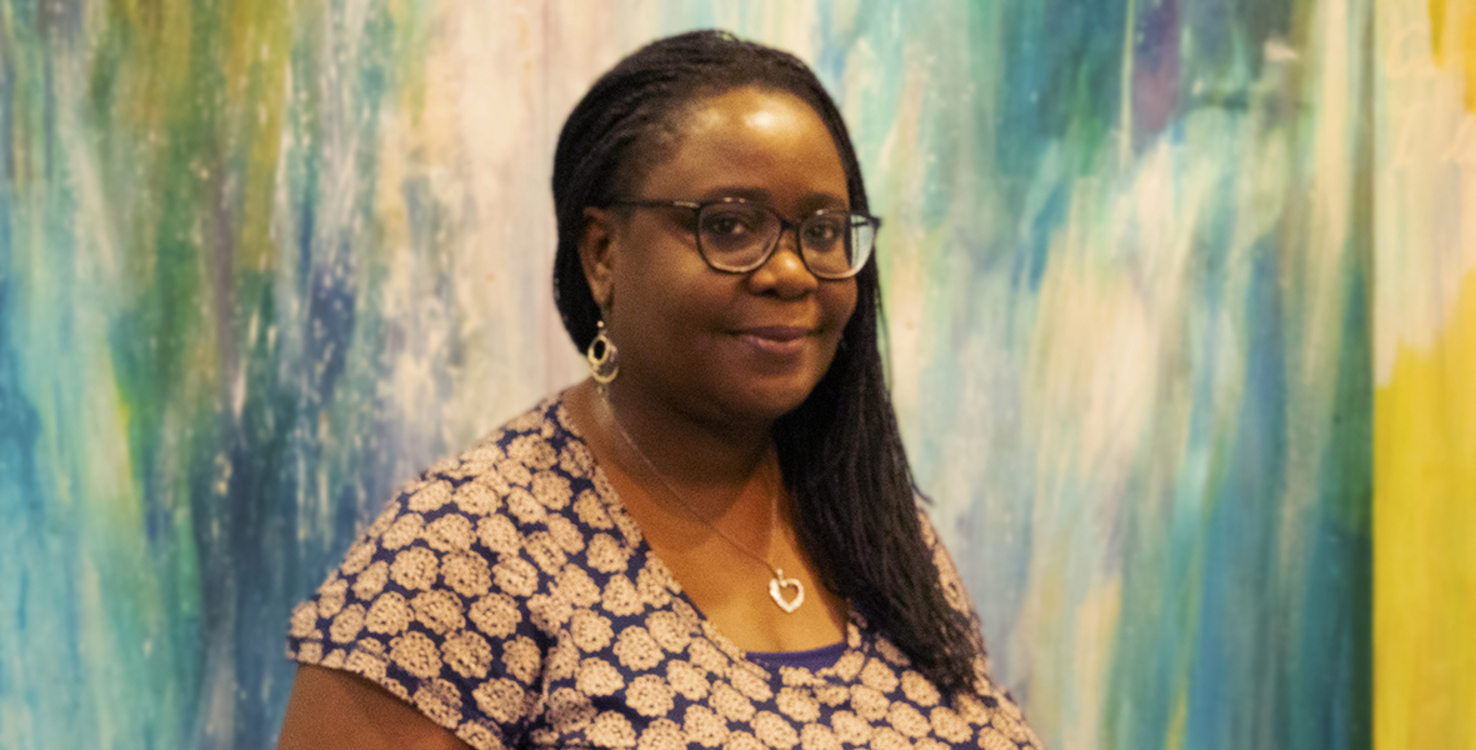Dr. Catherine Kibirige’s parents were some of the most accomplished Ugandans in post-independence Uganda. Her mother, Dr. Rebecca Nyonyintono, received a partial bursary to go to Gayaza High School. She…
Breaking Barriers in Science: Dr Catherine Kibirige and Her Lifelong Fight to Curb HIV/Aids.


